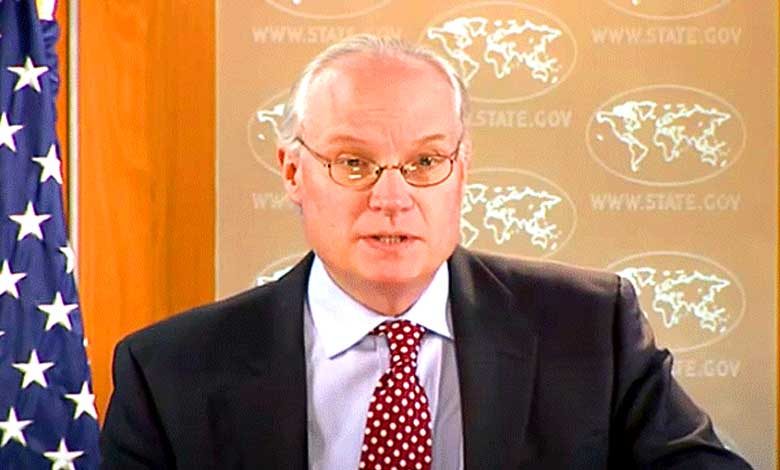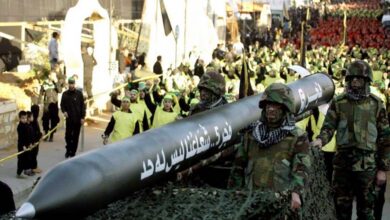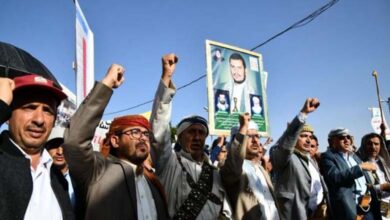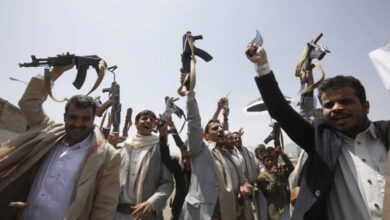US Envoy to Yemen extended its regional visit

After the visit of a number of Gulf countries, United States envoy to Yemen, Tim Lenderking, has prolonged his visit of the region. It’s expected that his tour continue for ten days, however; it’s now in the day 14. Indeed, it’s his second visit to the region since his nomination earlier this year.
Until now, he has visited the Saudi capital, Riyadh, where he gathered with Saudi and Yemeni officials. He also visited the Omani capital, Muscat, where he gathered with a Houthi delegation in late February, in what Reuters said. The envoy also visited all Gulf countries, except Bahrain, but he held telephone discussions with its foreign minister.
On his part, State Department spokesman Ned Price stated that the extension of his tour reveals Washington’s interest to reach a diplomatic solution to the grueling conflict in Yemen.
He also said during a press briefing on Friday that Lenderking is working closely with UN Special Envoy Martin Griffiths. Everything Special Envoy Lenderking is doing is intended to support the work of UN Special Envoy Martin Griffiths.
About when Lenderking would return to the US, Price said that he does not have any information about that, adding: But whether he is in the region or whether he is back here, he will remain engaged in this important work.
Moreover, the analyst Irina Zuckerman declared that Lenderking’s discussions with the Iran-backed Houthis in Muscat had intensely failed. However, the US has not yet comment on those gatherings.
Zucherman also said in comments to the Asharq Al-Awsat that Washington’s plan to find solution of the crisis was not realistic, explaining that the Americans had suggested the complete Saudi removal from Yemen, and a stop of hostilities, liberation of vessels that were detained during the week and launch of an expanded dialogue held in a neutral location.
Besides, she applauded the Americans because they are more diplomatically proactive in resolving the crisis and for contacting all involved parties. But, she also indicated, that Washington’s decision to cancel the Houthis’ terrorist classification encouraged them to continue their assaults on Saudi Arabia and continue their offensive in Yemen’s Marib province.
She also clarified that the contradictory messages that have been sent concerning the Saudi-American relationship have only fueled the war, adding that the legitimate Yemeni government is also facing its own challenges from the Southern Transitional Council and Islah party.
Otherwise, Zuckerman requested the need to abandon a plan that was not viable and to instead reach out to the allies of the US and understand the various positions in the conflict before seeking to mediate with the Houthis.












